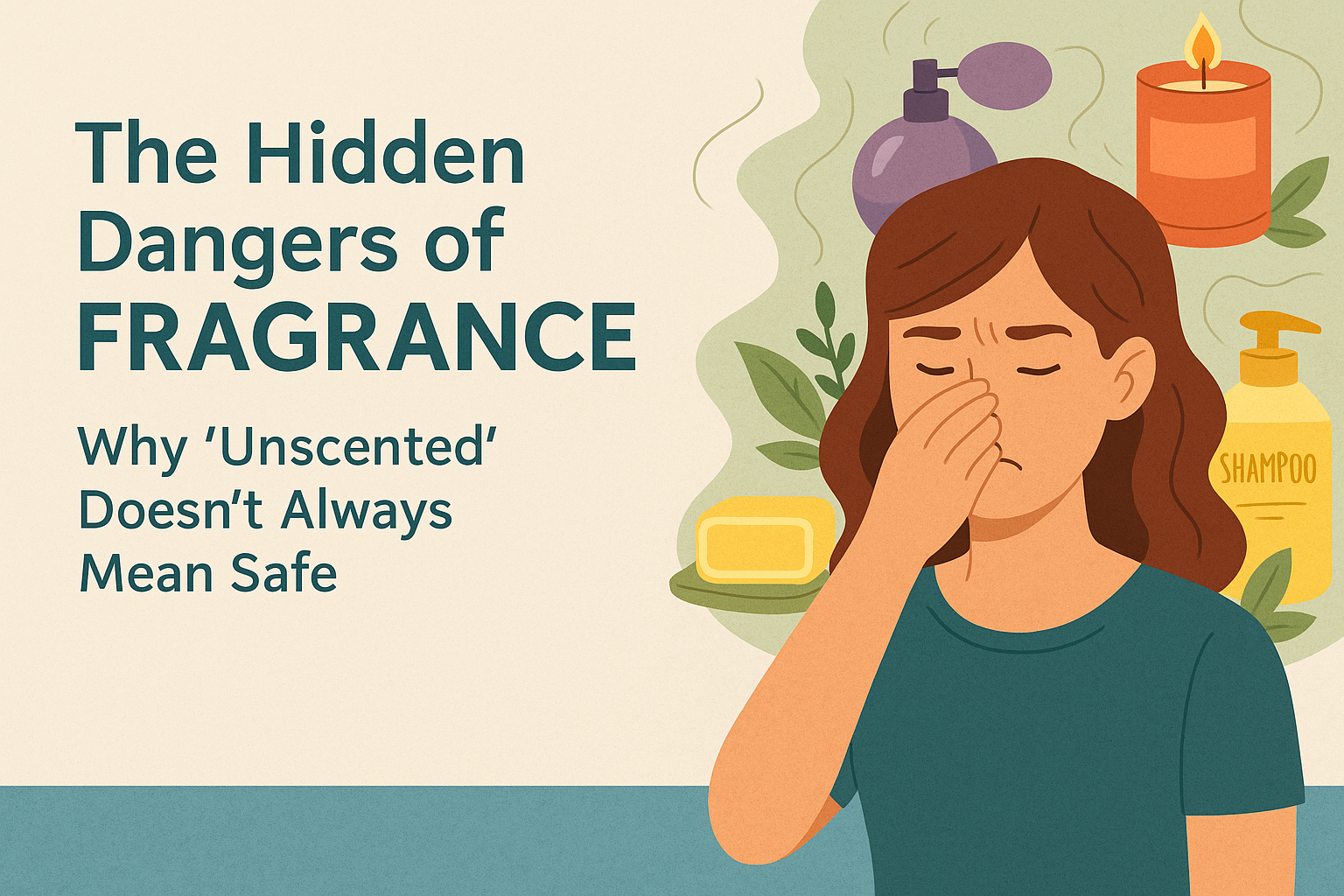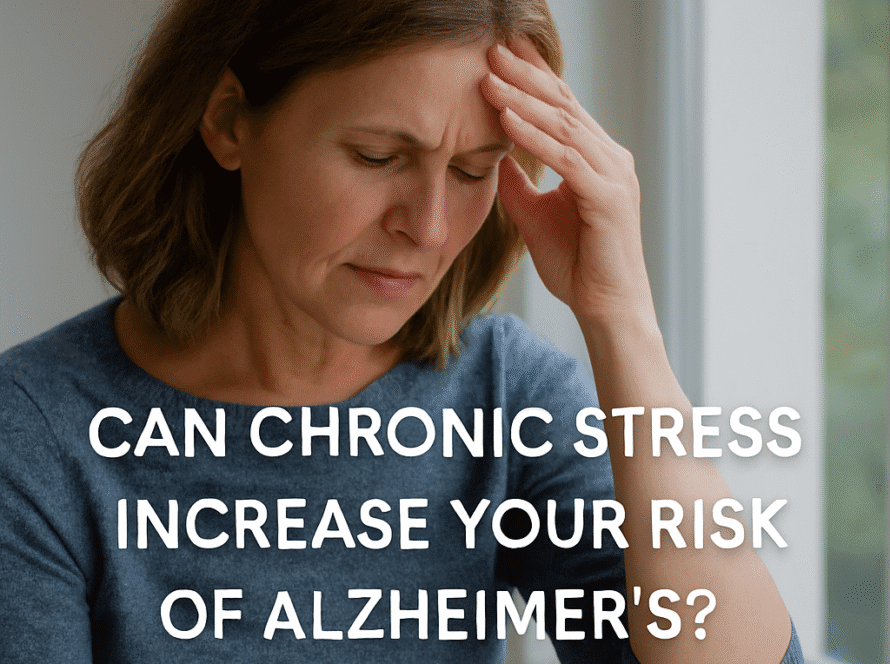We’re conditioned to associate “fragrance” with cleanliness, freshness, and self-care. From shampoos and moisturisers to laundry powders and room sprays, most products we use daily contain some sort of added scent. But have you ever wondered what “fragrance” actually means on a label?
The answer might surprise you.
What Does “Fragrance” Actually Mean?
In the world of cosmetics and personal care products, the word “fragrance” (or “parfum”) is often a catch-all term. Legally, manufacturers don’t have to disclose the individual chemicals that make up a product’s scent. This means a single word on the label could be hiding dozens, sometimes hundreds, of synthetic compounds — including known allergens, hormone disruptors, and irritants.
Some of these hidden ingredients have been linked to:
- Headaches and migraines
- Skin reactions and eczema
- Respiratory issues, including asthma
- Endocrine disruption (which can affect hormones, fertility, and metabolism)
- Neurological effects
What’s more, the average person is exposed to fragrance chemicals from multiple sources — daily. The build-up of this constant, low-level exposure can have a cumulative impact on our health.
“Unscented” Isn’t Always Safer
It’s easy to assume that a product labelled “unscented” or “fragrance-free” is a safer option. But be careful — these terms can be misleading.
“Unscented” can still contain fragrance ingredients used to mask the smell of other chemicals in the product. In other words, the product might not have a noticeable scent, but it still contains the very substances you may be trying to avoid.
Hidden Sources of Fragrance in Everyday Life
Here are some common culprits where fragrance chemicals often go unnoticed:
- Fabric softeners and laundry detergents
- Air fresheners and scented candles
- Deodorants and antiperspirants
- Skin creams and lotions
- Hair products
- Makeup and facial wipes
- Cleaning sprays and disinfectants
The Environmental Impact
Synthetic fragrances don’t just affect your body. Many of them contribute to indoor air pollution and are released into the environment, where they can harm wildlife and water quality. Volatile organic compounds (VOCs) from scented products can linger in your home and contribute to respiratory problems, particularly in children and those with asthma.
What You Can Do
Protecting yourself (and your home) doesn’t mean you have to live without pleasant scents. Here are a few tips:
- Read labels carefully: Look for “fragrance-free” and check the ingredients list for hidden parfum or scent-related terms.
- Switch to natural alternatives: Choose products scented with essential oils (lavender, citrus, eucalyptus, etc.).
- Reduce overall exposure: Eliminate artificial air fresheners and opt for fresh air, plants, or essential oil diffusers.
- Use trusted brands: Seek out companies that fully disclose their ingredients and avoid synthetic fragrance.
- Support your body’s detox pathways: Stay hydrated, eat plenty of fibre, and include detox-friendly foods like leafy greens, coriander, and cruciferous veg.
Final Thoughts
Fragrance might seem harmless — even luxurious — but beneath the surface, it can carry a hidden health burden. With a little awareness and some simple swaps, you can significantly reduce your exposure to unnecessary chemicals and support your long-term wellbeing.
Small, consistent choices add up. And reading the fine print is one of the easiest ways to protect yourself.
Written by Milvia Pili (FNTP)
Nutritional Therapist | Blue Zone Nutrition



